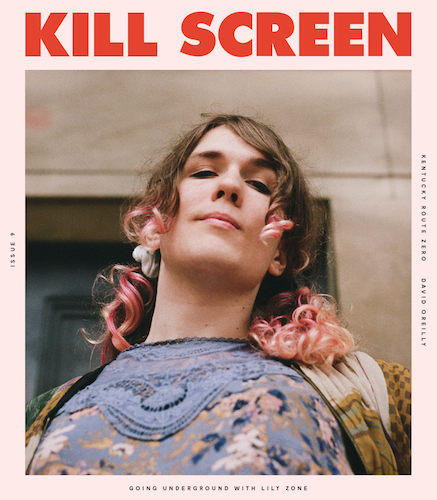
Being a journalist is the worst. You write a lot of shit that nobody reads, and sometimes the stuff that does get read just makes people mad. To avoid that, you’re expected to remain impartial, eschewing personal “opinion” in favor of dispassionate “facts.” When it comes to Dota 2 streams, though, I can’t resist a bit of blatant editorializing: Ludwig “Zai” Wåhlberg has the best music in the business.
Ludwig “Zai” Wåhlberg has the best music in the business.
Of course, proving that point is a thorny proposition because taste in music is axiomatically subjective. Zai’s playlist is certainly eclectic and diverse—a recent stream careened in two brief hours from The Zombies (founded 1962) to Explosions in the Sky (post-rock creators of “cathartic minisymphonies”) to something that was just like thirty-five minutes of quiet drums and occasional bird sounds—but so too, one could argue, is Arteezy’s. I want to say the difference is that Zai’s music is actually good, but, again, that argument smacks of personal taste. Still, my taste does align somewhat more with that of the Swedish support; it was through his stream that I became acquainted with the art-rap icon Milo, who has since become one of my favorite artists. When Zai plays Ludique or Jon Hopkins, I nod along. And when he plays Yung Lean, which he definitely does do, it comes across more as a change of pace/palate cleanser than the cloying trudge it becomes when sandwiched between Arteezy’s Greatest Memelord Hits.
The best argument I can come up with for why I think there’s something objectively great about Zai’s chill music is that it fits the experience of his stream. Zai is defined above all else by serenity; the games on his stream are less nailbiter battles than come-what-may meditations on human nature. He gets frustrated, sure, but it takes some doing, and he hardly ever raises his voice. Nor is he a chatterbox; thirty-minute stretches will pass in silence, the throb of melodic electronica and in-game sounds lulling viewers into a trancelike state. When Zai breaks the silence, usually to remark on a teammate’s particularly spectacular misplay or to evaluate one of his own mistakes, it comes as a bit of a surprise, and I suspect that many viewers rouse themselves at such moments, blinking, having forgotten they were watching a human play Dota 2 and not a tranquil loop of audiovisual art.
When Zai breaks the silence, it comes as a bit of a surprise.
Zai’s stream isn’t for everyone, as evidenced by the fact that his viewer counts tend to lag behind higher-energy performers like Arteezy, SingSing and AdmiralBulldog. In terms of aesthetic consistency, though, Zai’s broadcasts are positively unmatched: his stream is a masterpiece of quiet contemplation, a stroll through the Immortal Gardens set to chillhop and ambient buzz.
Photo courtesy Valve.










